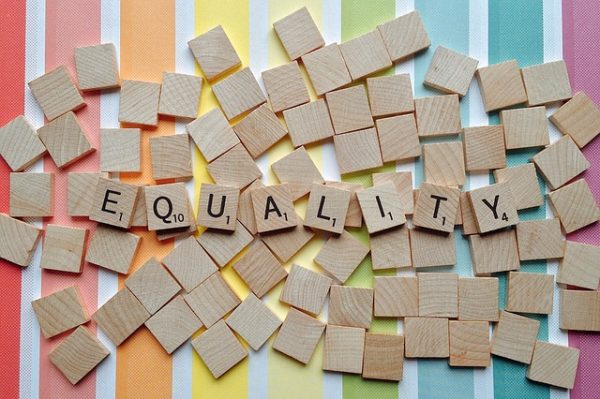I was recently watching the movie Made in Dagenham which is based around the story of the 1968 female workers at Ford walking out in protest over unequal pay. They succeeded in their battle and it led to the 1970 Equal Pay Act being introduced.
Have things changed since the 1970’s? Or, is being born equal irrelevant?
As I watched a scene where the fictional heroine orders a Babycham, I mused over how you would never hear that phrase in a bar today and perhaps it was just as well that things have moved on since then.
But have they….?

The Equal Pay Act 1970 was replaced by the Equality Act 2010. Under the Act all employees have a right to equal pay for equal work, men and women, and pay includes the complete pay and benefits package. The pay received for a role can be compared to anyone who is doing the same job, used to do the same job or is in a directly comparable role.
In 2018 companies with more than 250 employees were obliged to provide gender pay gap information to the government. The figures are imperfect as, due to some unexplained exemptions, high level executives pay was excluded. However, I’ve looked at some of the companies and their reported gaps and was appalled at what has come to light (I suspect the picture is probably worse because of the exemptions).
On average women are paid 9.7% less than their male counterparts for the same role. Doesn’t sound too bad? (though there shouldn’t be any gap at all)
We may be born equal but are we treated equally?

But I then delved deeper, specifically looking at the financial services sector, I checked out 12 well known, respected and, I would have hoped, forward thinking companies and this is where my jaw dropped open: the lowest gap was 23.4% and it then ranged upwards into the 30%, 40% with the highest a staggering 59%!
I am not going to name the companies concerned, suffice to say anyone can check out the same information at https://gender-pay-gap.service.gov.uk It allows you to look up individual companies as well as running comparisons to get a broader picture.
Thankfully the government’s requirement for companies to continue reporting their gender pay gaps will continue every year so logic dictates that these companies will be forced to address and equalise their pay structures tout suite.
I sincerely hope they do act quickly as 50 years on from the original, unambiguous and clear Equal Pay Act is quite long enough for parity to have been achieved and it is a disgrace that it hasn’t as yet.
We may propound the notion of being born equal; now we literally need to put our money where our mouths are and make sure all are treated equally.


